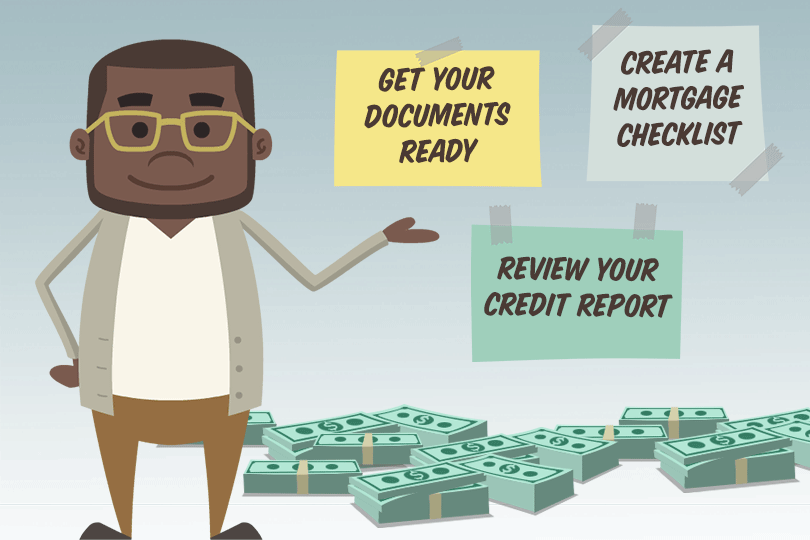Employment Requirements for FHA Loans
July 15, 2023
Steady Income
- Employment History
Lenders will typically require at least a two-year employment history. This doesn't mean you have to work for the same employer for two years; it just means that you need to have a continuous employment record during that time. - Gaps in Employment
If you have gaps in your employment history, you may still qualify for an FHA loan, but the lender will want to understand the reasons for those gaps. Be prepared to provide an explanation, and it's helpful if the gaps were due to factors beyond your control, like a medical issue or the birth of a child. - Income Consistency
While having a steady job is crucial, so is having a consistent income. If your income fluctuates significantly or relies on bonuses, commissions, or self-employment, you may need to provide additional documentation to prove your ability to repay the loan.
It's important to note that while the FHA has minimum credit score requirements, individual lenders may set their own standards. It's possible to find lenders who are willing to work with borrowers with lower credit scores, but you may need to make a larger down payment or meet other compensating factors.
Verification of Income
- Pay Stubs
You'll need to provide recent pay stubs that show your year-to-date earnings. These pay stubs help lenders confirm your income. - Tax Returns
Lenders may also ask for your tax returns for the past two years. This is particularly important if you're self-employed or have income from sources other than traditional employment. - Employment Verification
Your lender may contact your current employer to verify your employment status and income. - Written Verification of Employment (VOE)
You might be required to provide a written VOE, which is a document from your employer that confirms your job, income, and other relevant employment details.

FHA Loan Articles
February 24, 2022One of the major hurdles that keeps families from purchasing a home is the need for a down payment. The FHA’s goal is to offer more homebuying opportunities to low- and moderate-income Americans and set more easily achievable down payment requirements for borrowers.
January 31, 2022One of the first steps to take when you decide to buy a home is getting pre-approved for a mortgage. It is important to know what it means to get pre-approved for a home loan, and what the pre-approval letter does and doesn’t do for your home buying chances.
January 10, 2022A home loan is one of the most important investments you can make. Buying a home means owning property, and being a homeowner means there's potential to watch your investment grow in value over time. But first, the lender has to make sure the borrower is a good credit risk.
December 9, 2021This wait isn’t easy when you've been shopping for a new home. But getting a home inspection is a crucial step, and not one you should consider skipping. Make sure you hire a reliable home inspector, wait for your inspection report, and watch out for these red flags.
November 2, 2021Interest rates started to decline in 2019 and still seem considerably low. The average rate for a 30-year, fixed rate home loan has fallen from 4.94% in November 2018 to 3.13% in October 2021. A point drop in your interest rate could translate to huge savings with each monthly payment







